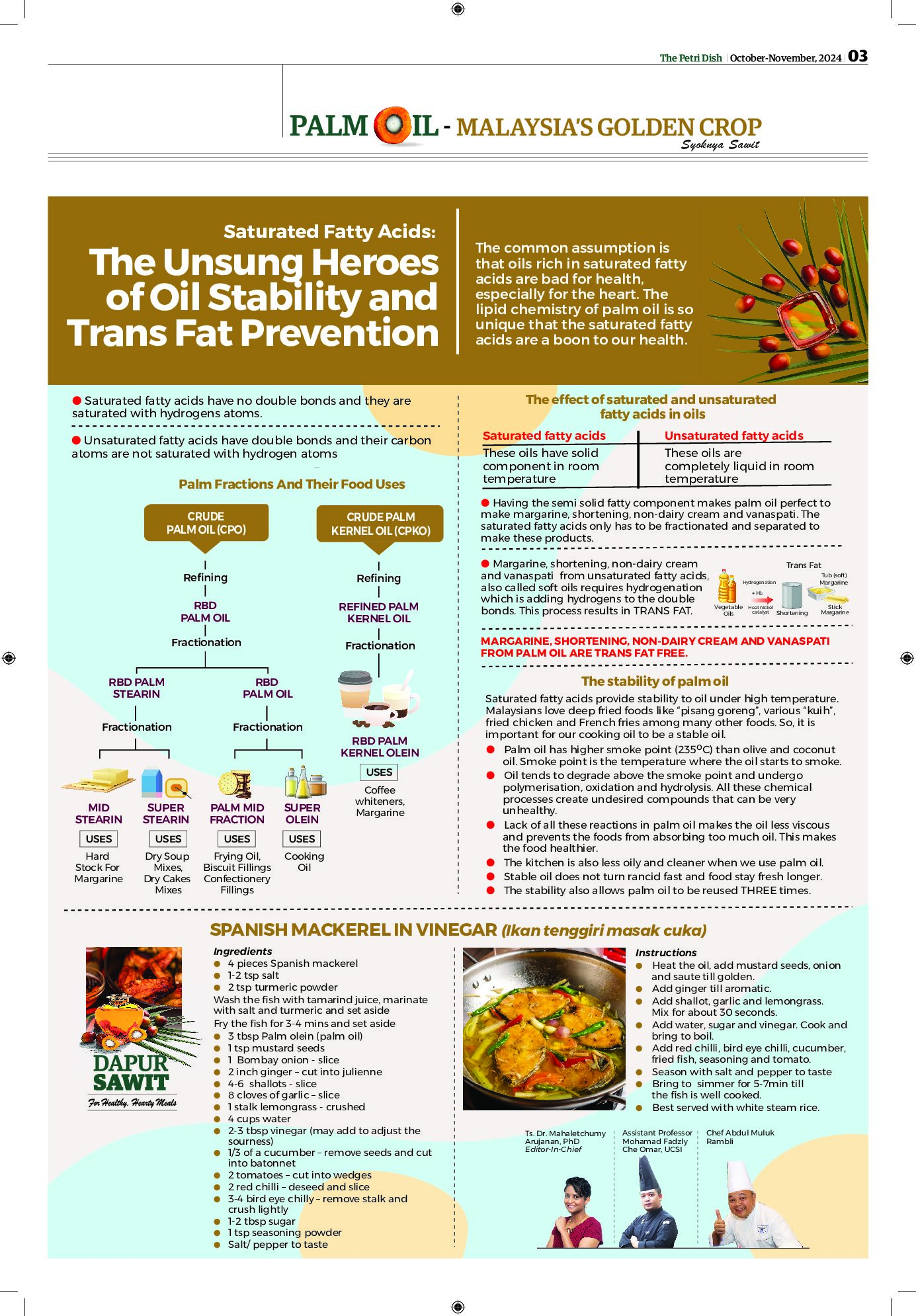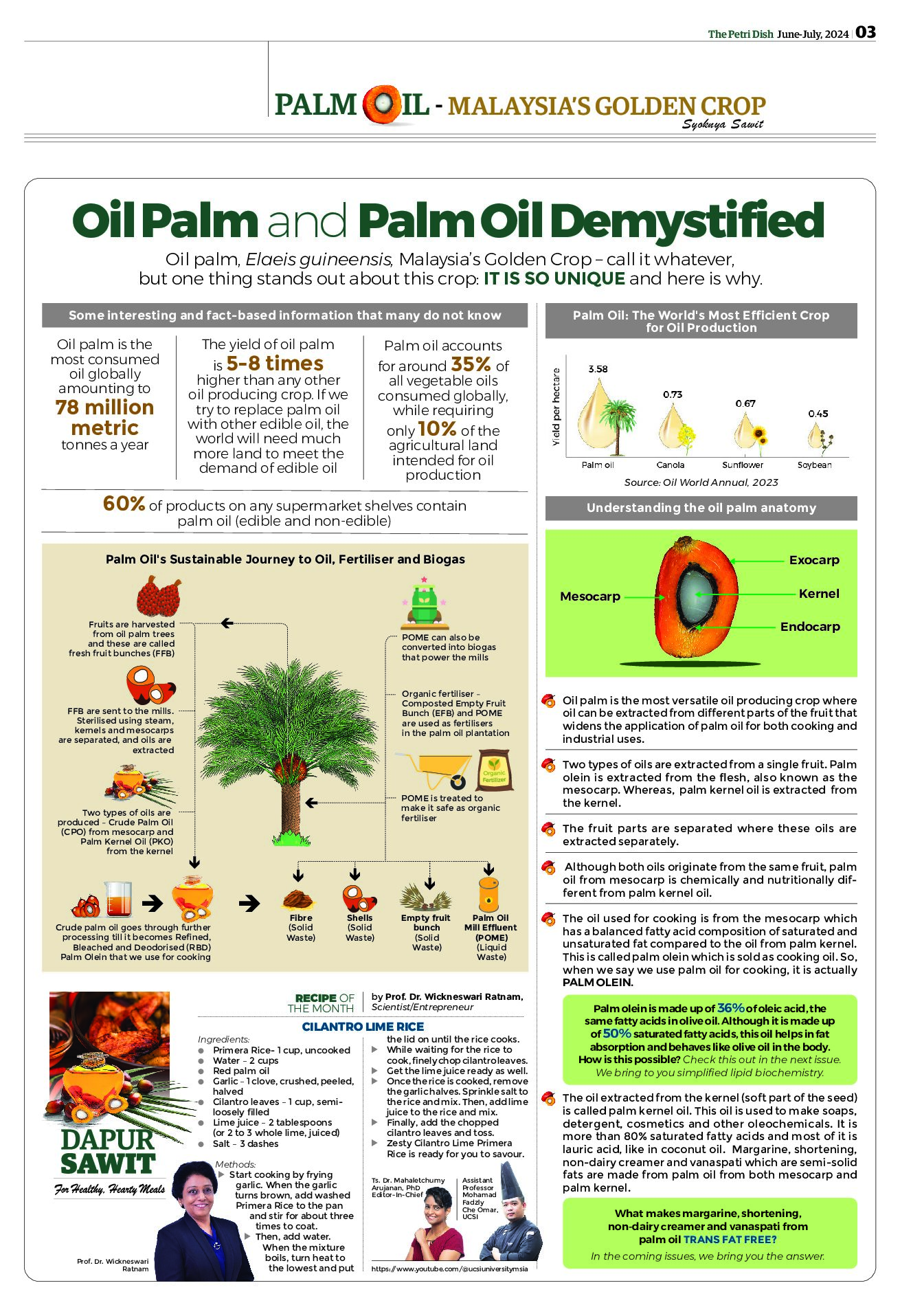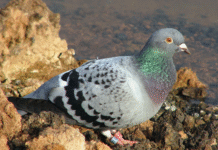WORLD renowned primate expert, Jane Goodall, has called on local wildlife agencies to protect and conserve the Malaysian primates.
Describing humans as a major threat to efforts in protecting local wildlife, Goodall has called on relevant government agencies to halt the destruction of animal habitat and to establish research programmes to study and research local wildlife, especially primates.
Goodall said the threats that humans presented differed according to different locations, using the example that in a certain location the destruction of animals’ habitat could be the main issue.
“In other regions people kill (primate) mothers to get babies as pets. So in different places, the threats are different,” she said after launching the Project Monyet exhibition in Kuala Lumpur recently.
While admitting she did not have comprehensive knowledge on local conservation efforts, she stressed that much more needed to be done in Malaysia, particularly in the field of study of local primates.
“Almost every primate is either endangered or highly endangered, and an awful lot is to be learnt about them.
Goodall said youths could be the pioneers of such studies, adding that exhibitions like Project Monyet were able to draw the interest of more young Malaysians to delve into researching on local primates.
While acknowledging that Malaysians were becoming increasingly aware of the importance of forest and wildlife conservation, she stressed that more people needed to join hands in contributing to the work.
Ordinary citizens looking to contribute to conservation efforts could start simply by joining conservation groups such as the Jane Goodall Institute or Roots and Shoots, she said.
“Spread the news, talk to people, raise awareness, and you’ll find a little place where you can make a difference.
“It needs more people to work on conserving and protecting the forests to link up the fragments of forests. To recreate the forest more like they originally were,” she added.

















